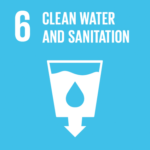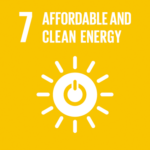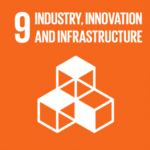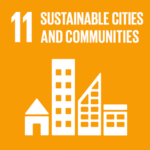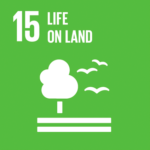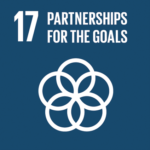LAB Biofine aims to make South Karelia a hub for bioeconomy
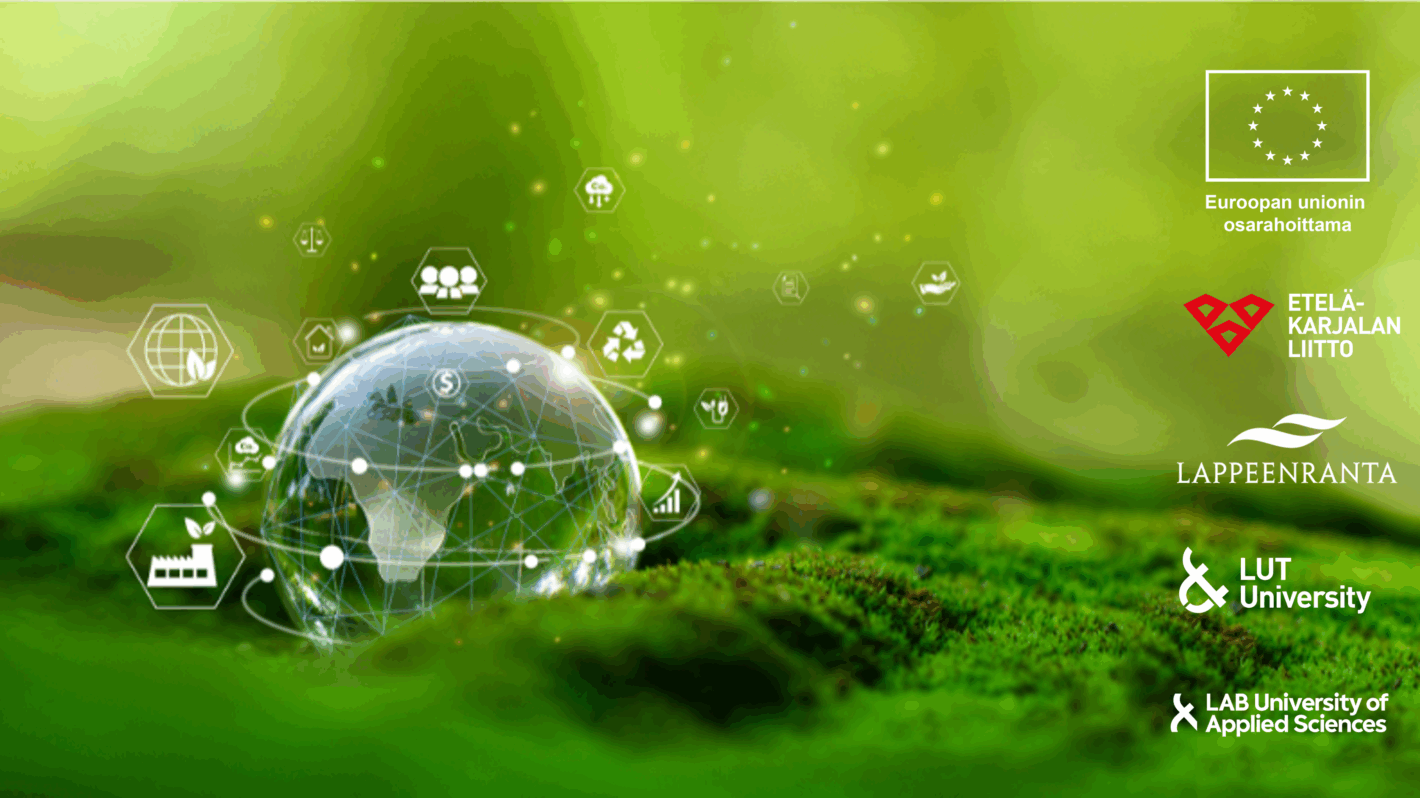
Case - Published 1.7.2025
The green transition requires more than just replacing fossil fuels with renewables – the same shift must occur across all raw materials. Renewable solutions are envisioned as a new export success story for Finland. South Karelia, with its emerging biomaterials research and innovation environment LAB Biofine, could lead the way.
Bioeconomy offers renewable, ecologically sustainable materials that can replace fossil-based raw materials. It also includes a strong circular economy perspective and the idea of fully utilizing raw materials. Therefore, bioeconomy innovations aim to make use of existing industrial side streams and various types of waste.
In South Karelia, the forest industry generates significant side streams. The region remains one of the world’s largest forest industry hubs. However, not all parts of the wood are utilized, resulting in substantial side streams, that may yield valuable products through further refinement.
“Currently, forest industry side streams like bark, wood chips, and sawdust are burned for energy, which is then used within the industry. The resulting ash is used to fertilize forests. Burning wood for energy is not entirely wasteful, but not very efficient either,” says Annakaisa Elo, Chief Specialist at the Faculty of Technology at LAB University of Applied Sciences.
Wood is a bioeconomy treasure trove
From a bioeconomy perspective, every valuable component of wood should be utilized. Only the parts with no use should be burned, minimizing the amount of wood incinerated.
“For example, tree bark is a real treasure trove. Researchers can refine it into substances used in cosmetics, pharmaceuticals, and wood treatment,” Elo explains.
Wood also yields health-promoting substances like the Finnish invention xylitol, and cotton-like fibers for the textile industry. Other substances derived from forest industry side streams include lignin, used in batteries and as a fossil-free adhesive, and microcellulose, suitable as a filler in medicines and cosmetics.
In addition, the forest industry produces large amounts of biogenic carbon dioxide. Currently, Finnish food industry and concrete production uses biogenic carbon dioxide, but a large portion remains unused.
“Value chains and business opportunities related to carbon dioxide are being explored in the national Hiiliketju (Carbon Chain) project, in which LAB and LUT University are also involved. In the future, carbon dioxide could become one of the forest industry’s main products alongside wood and pulp.”
South Karelia offers an ideal setting for a bioeconomy competence center
LAB Biofine, a joint project of the LAB University of Applied Sciences and the LUT University, focuses on supporting new bioeconomy solutions. The project establishes research and innovation environment in Lappeenranta aimed at developing and scaling new bio-based products for industrial production. The project received two major funding grants in 2024.
South Karelia is ideal for bioeconomy research, development and innovation work due to its supportive industry and high-level expertise. The LAB Biofine will also serve as a learning platform for future laboratory analysts, with undergraduate-level training starting at LAB in autumn 2026.
A cluster of bioeconomy companies is rapidly forming in the region. High-tech bioeconomy companies like Nordic Bioproducts Group, and Synbio Powerlabs are already operating there and involved in the LAB Biofine. Additionally, the LUT spin-off Solar Foods has announced plans to build at least one factory in Lappeenranta to produce its Solein protein, utilizing carbon dioxide.
“Thanks to the local industry, bioeconomy raw materials are logistically close in South Karelia, making regional concentration worthwhile,” says Elo.
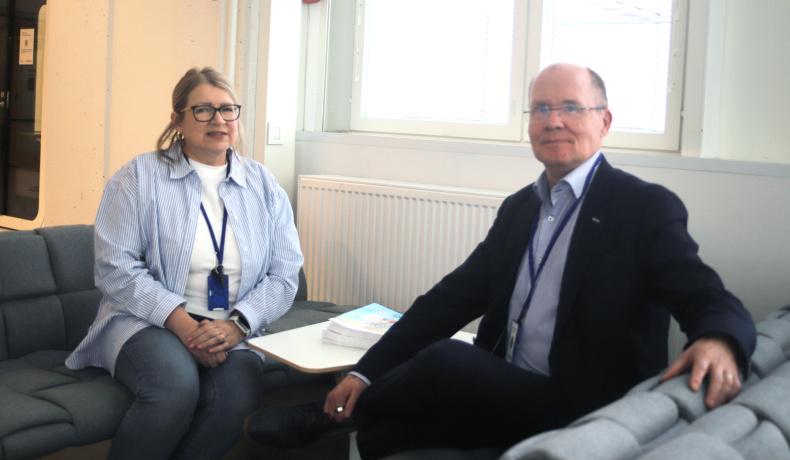
LAB Biofine helps companies cross the “Valley of Death”
LAB Biofine acts as a bridge between major forest industry players, bioeconomy startups and scaleups, and higher education in South Karelia. In addition to fostering collaboration, it provides a concrete platform for scaling innovations to production scale.
“The idea is to help companies cross the so-called ‘valley of death’,” says project manager Mikko Ojapelto.
By “valley of death,” he refers to the phase where a company must prove its concept works on an industrial scale. The LAB Biofine pilot plant in Lappeenranta offers this opportunity without requiring companies to invest in their own full-scale facilities.
Vitality through collaboration
The demand for bioeconomy expertise is not just regional – it is global. Ojapelto emphasizes that Finland has the potential to be a global role model in bioeconomy. LAB Biofine, as a nationally unique project, could lead this development and put South Karelia’s bioeconomy expertise on the world map.
The key to success is effective collaboration. “LAB Biofine is nothing on its own, nor is it meant to be. But when connected with other actors and centers of expertise, its regional impact on Lappeenranta and South Karelia could be enormous. At the same time, it helps build a new national export sector for Finland”, Ojapelto concludes.
Writer: LAB University of Applied Sciences.
Further information: Project Manager Mikko Ojapelto, LAB University of Applied Sciences (mikko.ojapelto@lab.fi, 050 5121853).
Agenda2030
Among the UN sustainability goals, LAB Biofine is in line with the following, for example:
- Goal 6: Clean water and sanitation
- Goal 7: Affordable and clean energy
- Goal 9: Industry, innovation and infrastructure
- Goal 11: Sustainable cities and communities
- Goal 15: Life on land
- Goal 17: Partnerships for the goals

